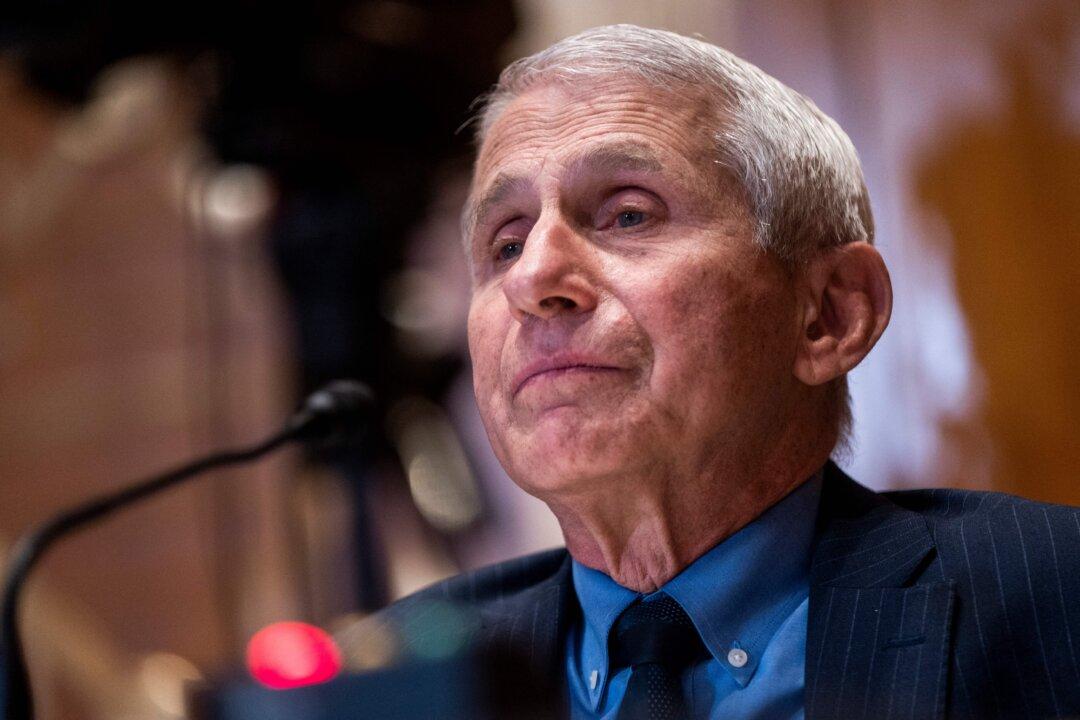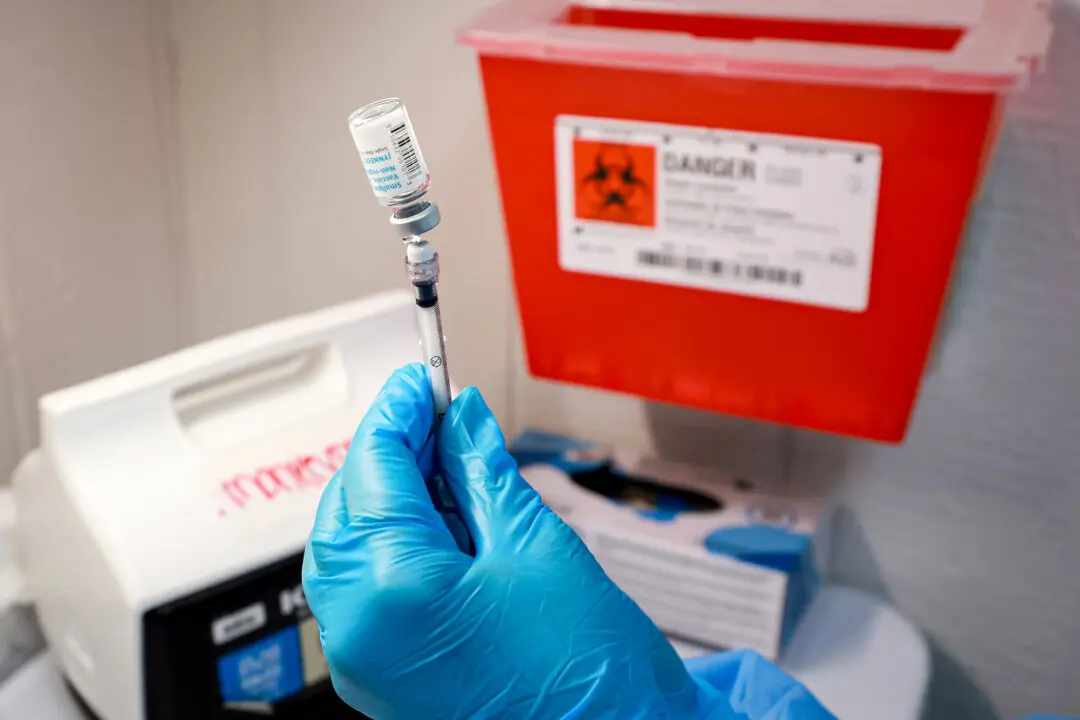Plaintiffs in a high-profile case that’s uncovered evidence of collusion between Big Tech and government officials to censor users are seeking to depose 10 top officials, including Dr. Anthony Fauci.
The attorneys general of Louisiana and Missouri and other plaintiffs asked a U.S. court in a recent motion to allow them to depose Fauci, President Joe Biden’s chief medical adviser; FBI special agent Elvis Chan; former White House press secretary and current MSNBC pundit Jen Psaki; Surgeon General Vivek Murthy, a Biden appointee; and Rob Flaherty, deputy assistant to the president.





